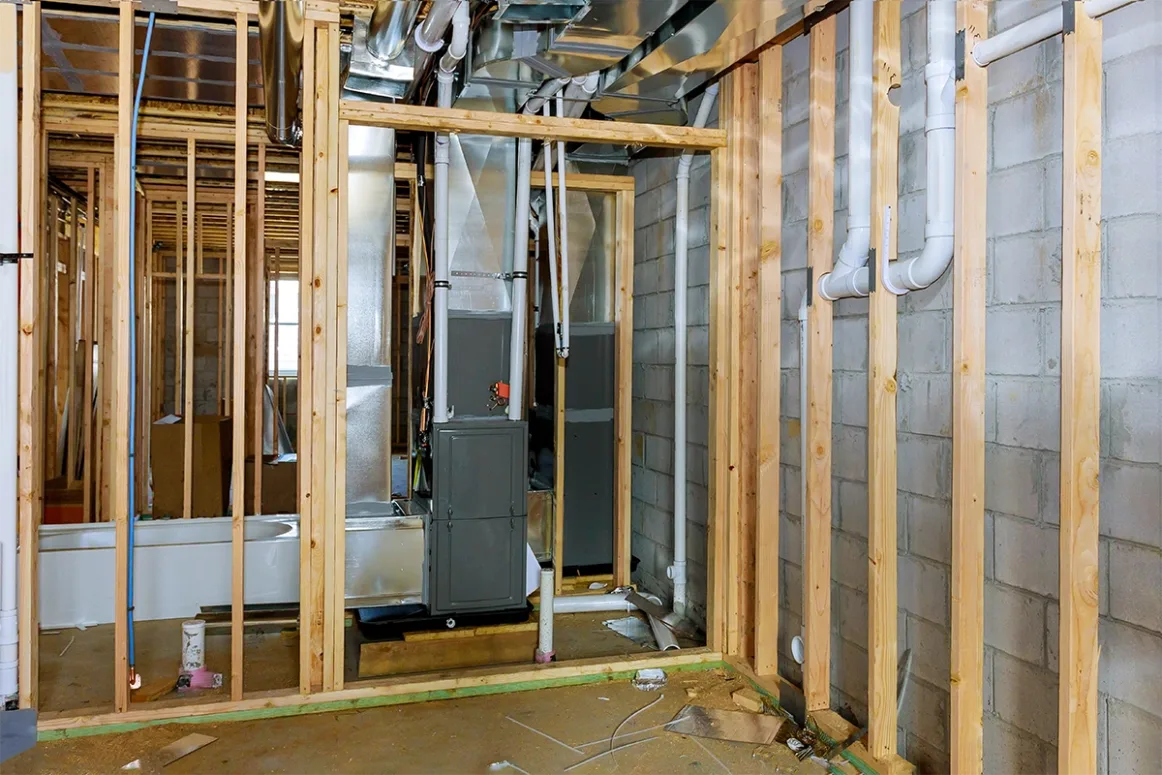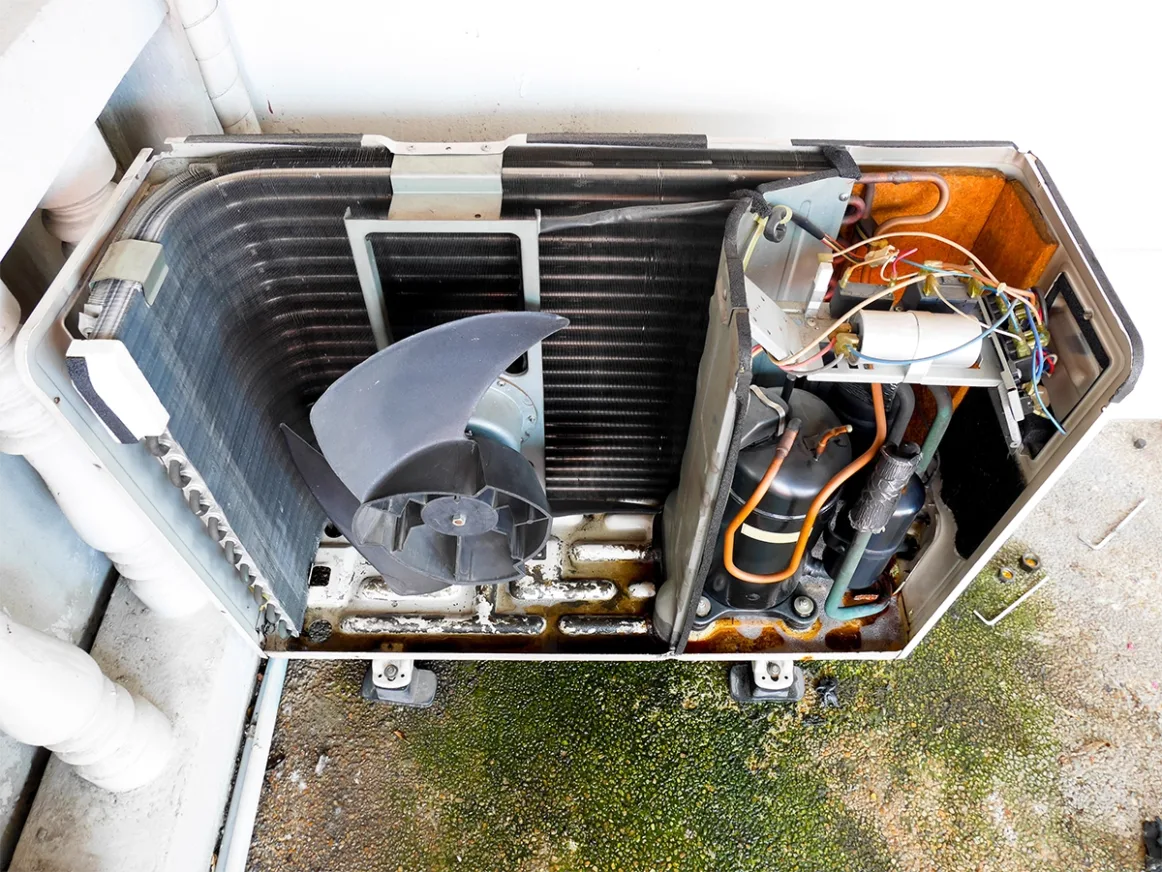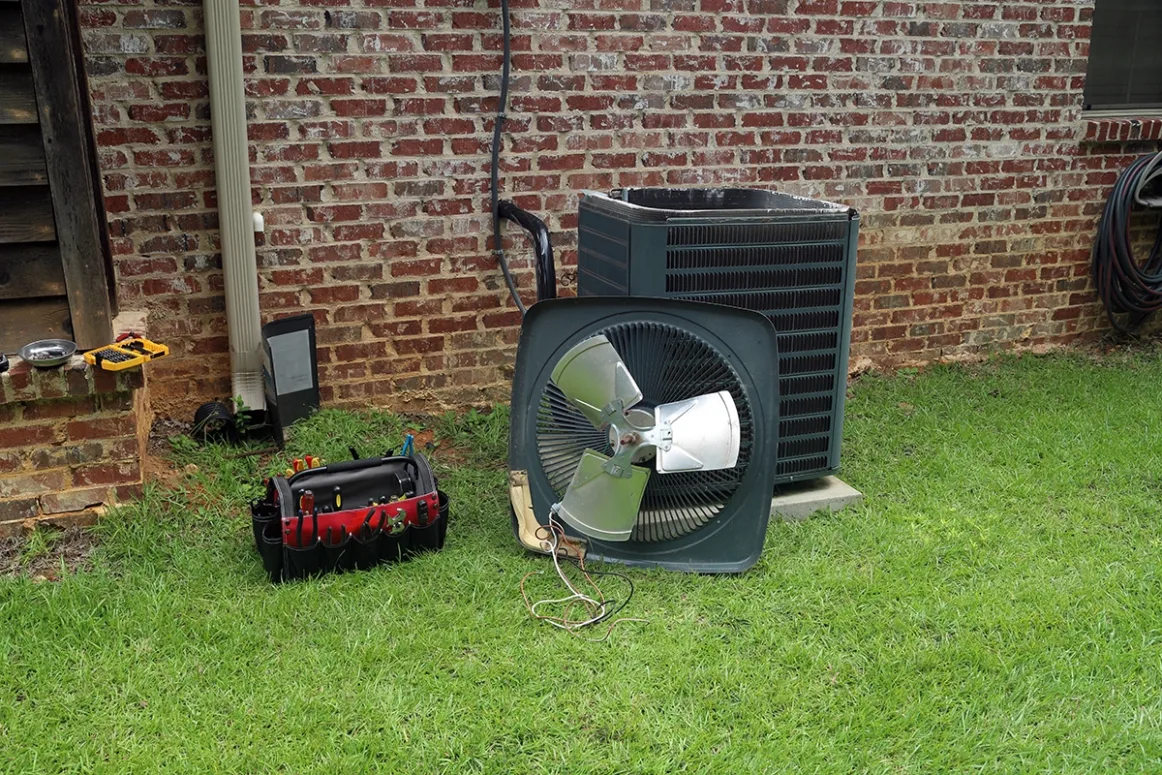
Electric vs Gas Furnace: The Difference and How to Choose?
There are several things that you should take into account, especially when choosing the type of heating system that will be installed in your house. This decision is of utmost importance since it determines your comfort level, energy consumption, and savings, among other things. Electric and gas furnaces- these are also favored methods of heating. There are advantages and disadvantages to all the alternatives, and the type used may depend on the initial cost, energy efficiency, and heating requirements of the house rooms.
In this article, we shall discuss the different working principles, operation principles, and efficiencies of electric and gas furnaces. Ultimately, you will have a precise knowledge of the most appropriate furnace for your house.
Electric vs. Gas Furnace
-
Electric Furnace:
You can compare an electric furnace to your hair dryer. Air is drawn into the heater through the hollow bottom shaft until reaching the radiator, at which point it is blown onto the top panel of the heated coils. It pulls air into the system through a heat exchanger, where the heating elements warm the air. When the electric coils warm up, a blower blows the heated air into the electric coils and circulates the warm air around the house via ducting. So much of this heating process is straightforward: electric furnaces have fewer mechanisms than gas furnaces, leading to less maintenance.
Electric-powered furnaces are pretty efficient at converting electrical energy to heat energy compared to other heating systems since almost 100% of the electricity used is utilized.
-
Gas Furnace:
In contrast, a gas furnace provides warmth by burning natural gas or propane. The fuel is burned in the burner section of the furnace via combustion. Heat is generated and siphoned off into the air via a heat exchanger. The warm air from this process is pushed through the vents and into different rooms in your house.
Gas furnaces are generally more powerful than electric ones and can heat a house much faster, which makes them more effective in areas with harsh, cold weather. However, they also have more moving parts to make the heat, thus leading to more maintenance.
Cost Comparison: Electric vs Gas Furnace
-
Upfront costs:
Electric furnaces are cheaper in terms of upfront costs when purchasing and installing. Electric furnace prices range from around $1000 to $3500 depending on the size and brand, and gas types range from $2000 to $5000 for purchase and installation. Most of the time, fewer walls have to be erected during the construction as installing an electric furnace does not require a gas line and no exhaust systems.
Concerning gas furnaces, running costs are incurred over and above the purchase price for extending gas pipes, plus services involving venting, since they must safely release combustion exhaust gases outside the house. All these other installations can add to the up-front capital.
-
Energy costs:
At the energy cost level, electric furnaces have higher electricity rates. In contrast, gas furnaces are generally more cost-effective in regions with lower natural gas prices, making them a more budget-friendly option for heating after installation.
Comparison of Efficiency
-
Electric Furnace
Electric furnaces are considered energy efficient. Almost all of the electric power supplied is utilized to create warm air. However, electric furnace efficiency has its drawbacks. Its internal parts can be energy efficient, but due to the cost of electric power in some regions, running an electric furnace can be more expensive than a gas furnace when considering its efficiency rate.
-
Gas Furnace
Efforts are made in gas furnaces to reduce energy loss, particularly in the new generation of high-efficiency ones. It is common for many gas furnaces today to have an AFUE of 90% or more, which implies that 90% of the fuel is turned into heat while 10% gets wasted as exhaust.
That being said, gas-operated units fall short of the 100% efficiency rate attained by electric units, but they are quite efficient, especially considering the cost of natural gas. Furthermore, new gas furnaces usually allow variable-speed blowers and modulating gas valves to control temperature and enhance efficiency.
Maintenance and Lifespan
-
Electric Furnace Maintenance
Electric furnaces, for instance, have fewer moving parts than gas furnaces, so their maintenance tends to require less. No combustion processes are involved, so checking gas lines or clean burners is unnecessary. This thus reduces the chances of electric furnaces failing or having problems.
Unlike gas furnaces, electric furnaces usually have a longer life span. An electric furnace can last more than 20 – 30 years with proper maintenance, often making it favorable over its gas alternative.
-
Gas Furnace Maintenance
Gas furnaces are more complex because they depend on combustion, making servicing more frequent so that they operate safely and effectively. The burners, however, must be serviced frequently to prevent inefficient heating, such as gas lines, heat exchangers, and others, and to avoid carbon monoxide poisoning.
According to the experts, the average age of a gas furnace is around 15-20 years, less than that of an electric furnace. However, despite being relatively more efficient, a gas furnace can still last for a considerable time, even with constant use.
Heating Performance
-
Electric Furnace
Compared to gas furnaces, electric furnaces take longer to heat a room. This can be challenging in areas with low temperatures because it can take longer before a house warms to the right temperature. Extremely cold and icy conditions also disadvantage electric furnaces when constant heating is impossible, making such furnaces less popular in frigid winter weather regions.
With that in mind, electric furnaces give off steady warmth without requiring gas pipes or elaborate ductwork for smaller dwellings or dwellings in temperate weather conditions.
-
Gas Furnace:
The compact gas furnace is noted for its excellent heating capabilities, especially in winter. Natural gas generates more heat per unit than electricity, which makes the gas furnace efficient for heating during freezing weather conditions.
For homeowners in places with such frigid winters, this equipment tends to be recommended as it heats a room quickly and keeps the heat consistent throughout the cold season.
Which Should You Choose?
-
When to Choose an Electric Furnace:
An electric furnace may be the better choice for middle-range climates where the heating output needed is not as high. They’re also the best option for a smaller house or for one of the homeowners who does not want all the troubles with gas piping and venting.
If your electrical source consists of renewable energy or you live in a place with less expensive electricity, an electric furnace would present a green and economical alternative.
-
When to Choose a Gas Furnace:
Based on operating and physical conditions, gas furnaces are preferable in homes with frigid climate temperatures. They are also much cheaper, primarily when gas is readily available and inexpensive compared to electricity.
When a homeowner values comfort and heat quality and lives in a place with extreme conditions, he is likely to opt for a gas furnace.
For these reasons
When deciding how to heat a home, such as an electric furnace vs. a gas furnace, it depends on all the above factors. Electric models are highly efficient and have a lower cost of operation, but many homeowners may find them very expensive in places with costly electric rates. Gas models have slightly lower efficiency but provide higher-quality heating in winter and are less risky to operate in low temperatures.
If you experience problems deciding which furnace system would suit your home best, it would be wise to call Russell Heating and Air to determine your heating needs and recommend a system accordingly. Although you can choose a gas or electric furnace, making the right purchase will ensure you have a warm and cozy home in the coming years.





